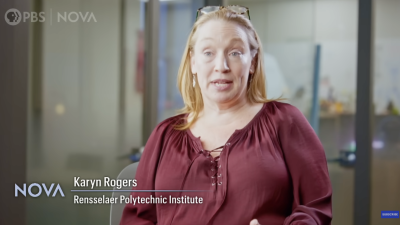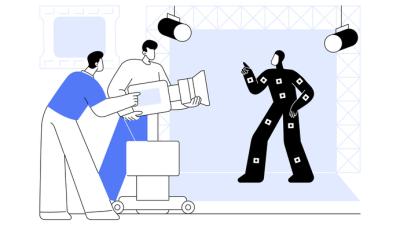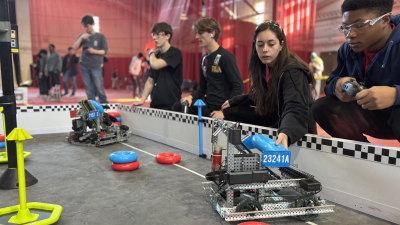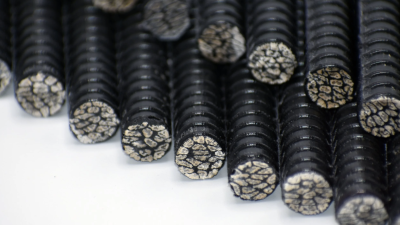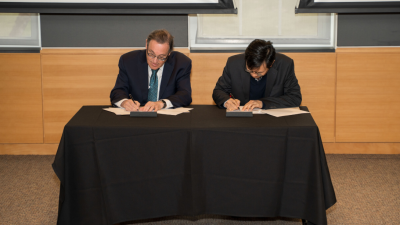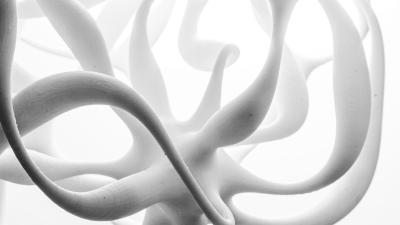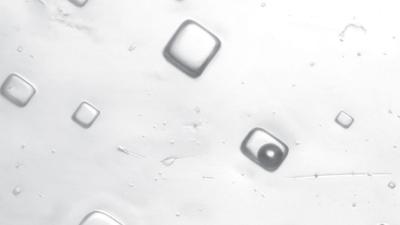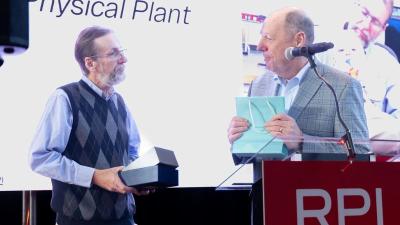RPI Professor Karyn Rogers and graduate student Meri Herrero Perez featured on PBS' NOVA
RPI Professor Karyn Rogers, director of the Rensselaer Astrobiology Research and Education Center, and graduate student Meri Herrero Perez are among the feature interviewees in the new PBS NOVA documentary Asteroids: Spark of Life?
